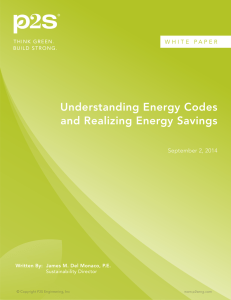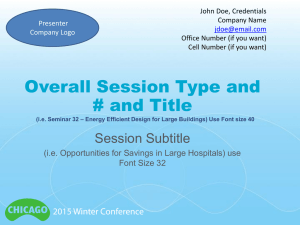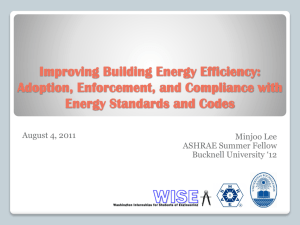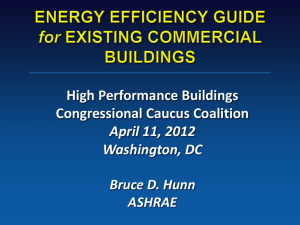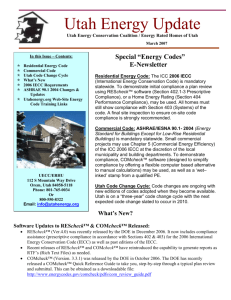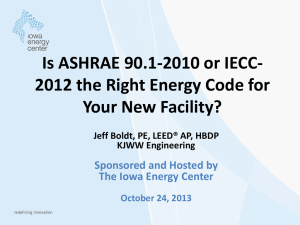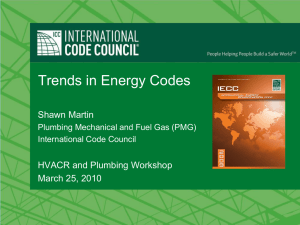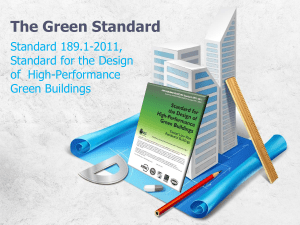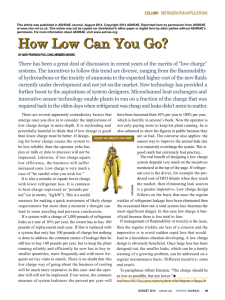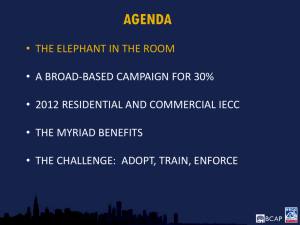Building Energy Codes Resource Page
advertisement
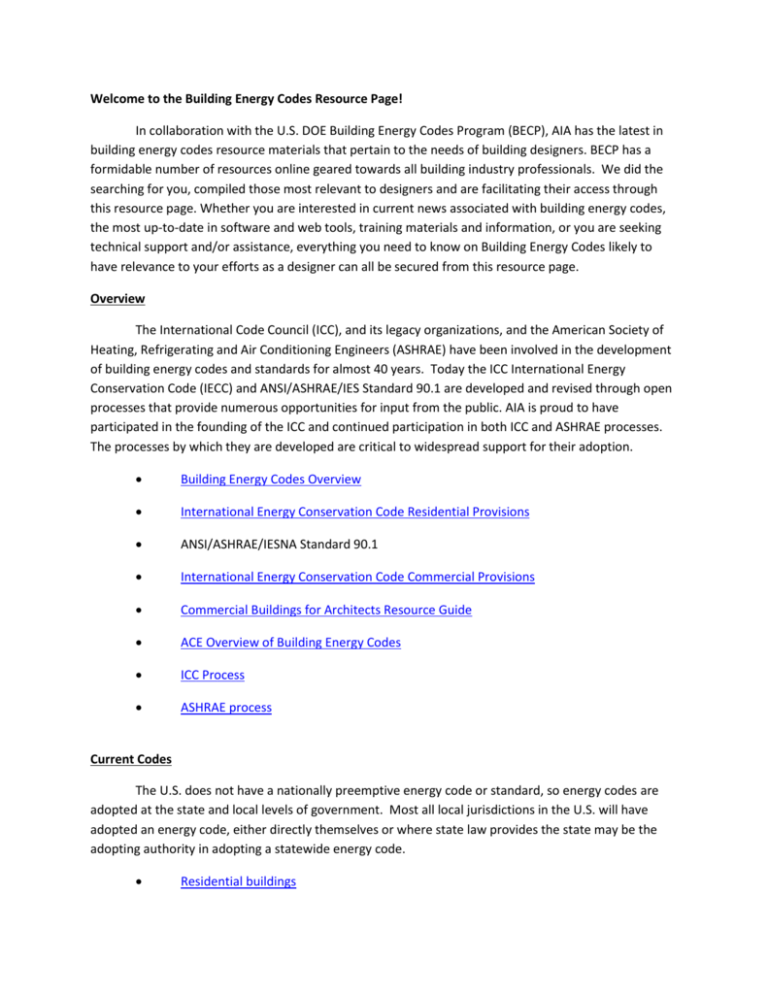
Welcome to the Building Energy Codes Resource Page! In collaboration with the U.S. DOE Building Energy Codes Program (BECP), AIA has the latest in building energy codes resource materials that pertain to the needs of building designers. BECP has a formidable number of resources online geared towards all building industry professionals. We did the searching for you, compiled those most relevant to designers and are facilitating their access through this resource page. Whether you are interested in current news associated with building energy codes, the most up-to-date in software and web tools, training materials and information, or you are seeking technical support and/or assistance, everything you need to know on Building Energy Codes likely to have relevance to your efforts as a designer can all be secured from this resource page. Overview The International Code Council (ICC), and its legacy organizations, and the American Society of Heating, Refrigerating and Air Conditioning Engineers (ASHRAE) have been involved in the development of building energy codes and standards for almost 40 years. Today the ICC International Energy Conservation Code (IECC) and ANSI/ASHRAE/IES Standard 90.1 are developed and revised through open processes that provide numerous opportunities for input from the public. AIA is proud to have participated in the founding of the ICC and continued participation in both ICC and ASHRAE processes. The processes by which they are developed are critical to widespread support for their adoption. Building Energy Codes Overview International Energy Conservation Code Residential Provisions ANSI/ASHRAE/IESNA Standard 90.1 International Energy Conservation Code Commercial Provisions Commercial Buildings for Architects Resource Guide ACE Overview of Building Energy Codes ICC Process ASHRAE process Current Codes The U.S. does not have a nationally preemptive energy code or standard, so energy codes are adopted at the state and local levels of government. Most all local jurisdictions in the U.S. will have adopted an energy code, either directly themselves or where state law provides the state may be the adopting authority in adopting a statewide energy code. Residential buildings Commercial buildings State owned and funded buildings - See individual state pages at http://www.energycodes.gov/adoption/states Resources and E-Learning The resources and e-learning below provide additional information about these codes and standards that will help designers in throughout the design and construction process and ensure that the construction documents submitted for review and approval appropriately document compliance. Air Leakage Resource Guide ACE Overview ACE Compliance Toolkit and e-learning module COMCheck software Commercial Air Barrier Requirements for Insulated Ceilings Commercial Compliance Evaluation Checklists and Instructions Commercial Buildings for Architects Resource Guide Insulating Suspended Ceilings Meeting Commercial Continuous Air Barrier Requirements in 90.1-10 and the 2012 IECC Relationship between standard 90.1 and the IECC Selecting Appropriate Building Energy Simulation Software Vestibule Case Study ASHRAE/IES 90.1-10 Area Takeoffs 101 COMCheck Basics Residential Requirements of the 2012 IECC Commercial Envelope Requirements of the 2012 IECC Commercial Lighting Requirements of the 2012 IECC Commercial Mechanical Requirements of the 2012 IECC Vestibule Requirements for Commercial Buildings Advanced Codes Overview The past few cycles of code development have introduced new requirements and technologies into building design. Here are some resources related to the new codes. Advanced Energy Design Guides Going Beyond Code
